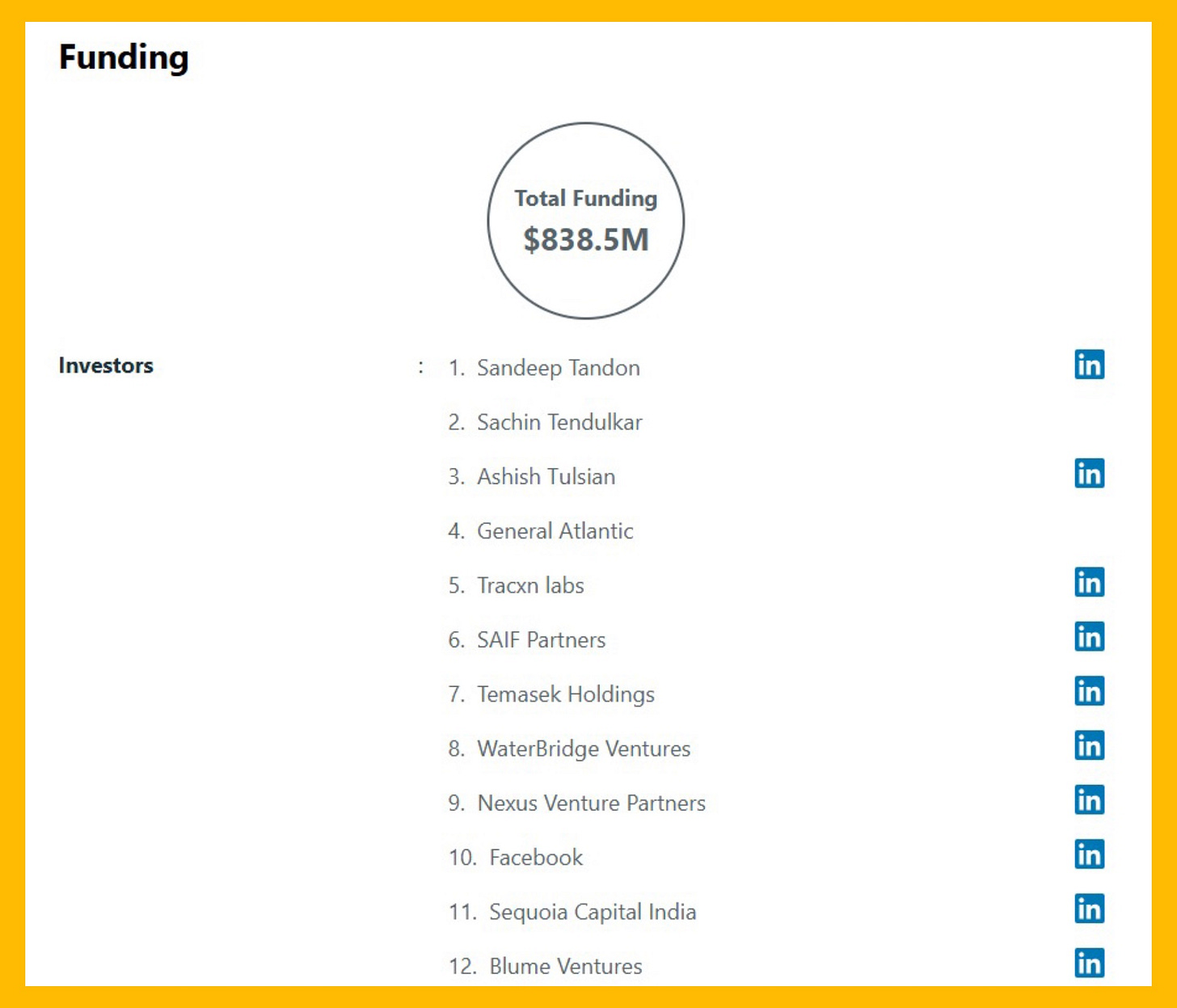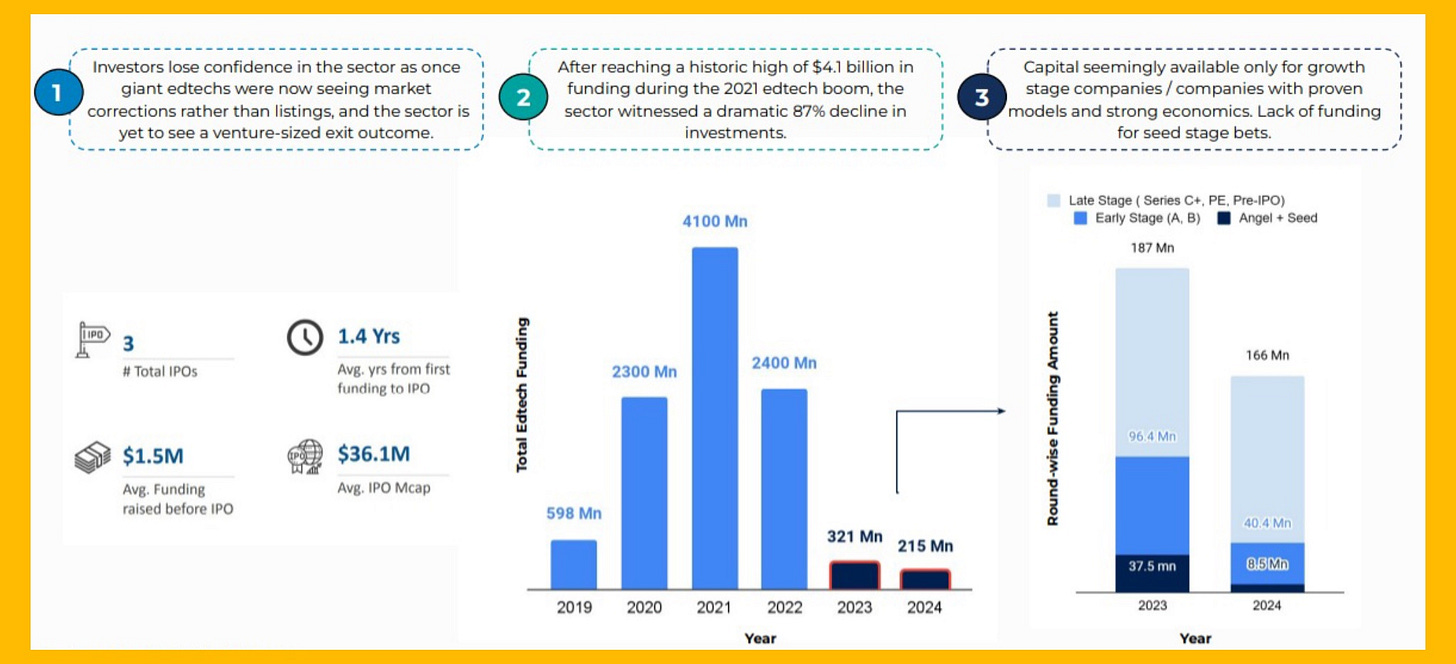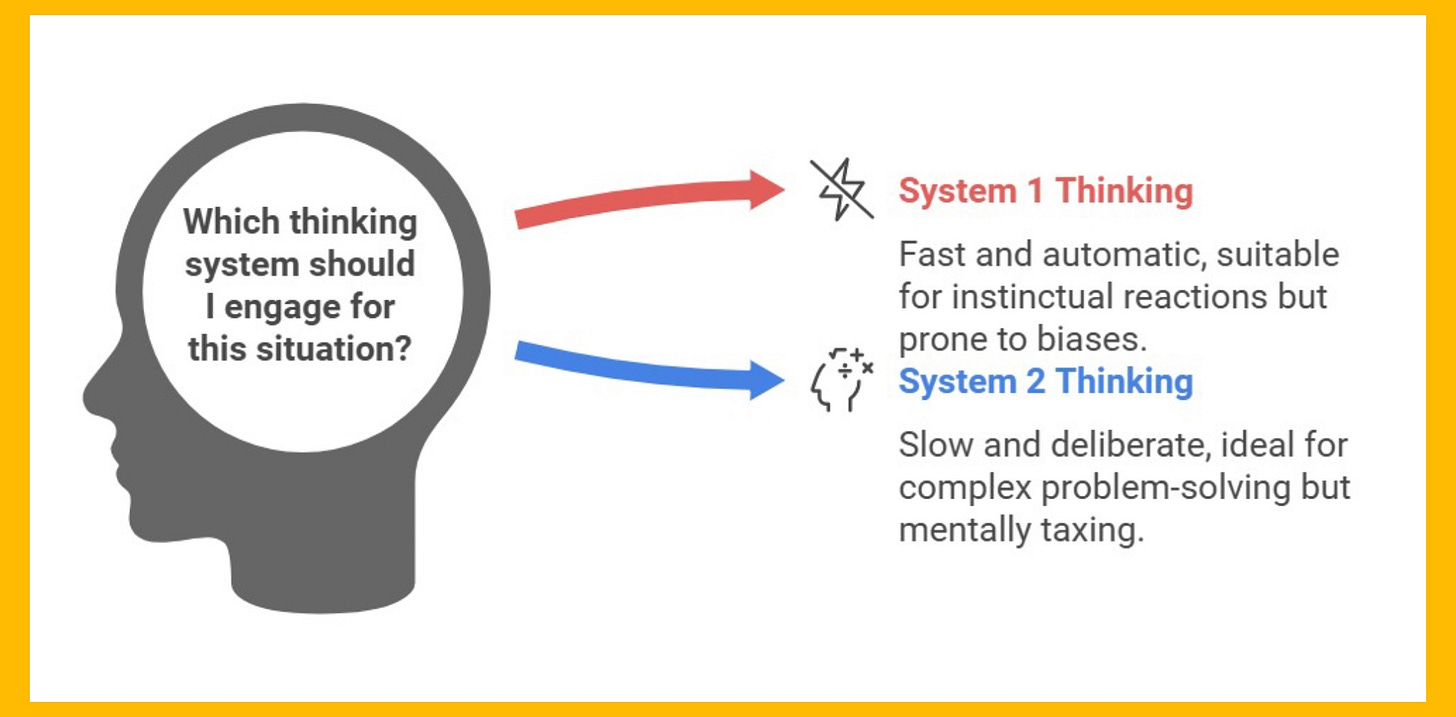Are you the investor looking for your next multibagger stock?
If you've had success picking multibagger stocks in the past and are now trying to build a portfolio with more potential winners, you might be falling into a common trap: base rate neglect.
This is a cognitive bias where we give too much weight to individual success stories, like while ignoring the overall statistical likelihood of success.
In other words, we tend to focus on standout examples, like that one time a stock soared, and overlook the fact that such success stories are rare.
Let me break it down with a simple example:
Imagine your friend Ravi, who loves experimenting with new recipes and sharing them online. It’s easy to assume, "Ravi's going to become a professional chef!" or "He'll open his own restaurant soon!" But the truth is, most people who enjoy cooking will never turn it into a career. The odds of Ravi becoming a chef are much lower than we might think.
So, why do we make this mistake? Philip Tetlock, in his book Superforecasting: The Art and Science of Prediction, explains this with his two-system thinking model:
System 1: This is our quick, automatic thinking. When we see Ravi's passion for cooking, we instinctively assume that he’s on the path to success. It feels right in the moment, but this kind of thinking often ignores the bigger picture—like how rare it is for hobby cooks to become professional chefs.
System 2: This is the slower, more thoughtful way of thinking. Instead of jumping to conclusions, System 2 involves reflecting on the broader picture and considering the real chances of success. It’s more deliberate and helps us avoid getting carried away by exciting but unreliable details.
By default, we rely on System 1 because it’s quick. However, using System 2 thinking helps us make more thoughtful, accurate judgments.
The same happens in the market; we often remember the few stocks that soared 10x or 20x and assume that finding the next big winner will be just as easy. But the truth is, just like Ravi’s dream of becoming a chef, spotting multi-bagger stocks is rare and challenging. Most of the time, we won’t find them, and that’s completely normal. The chances of identifying the next huge winner are low, so it’s important to stay practical with both your approach and your expectations.
MEME OF THE WEEK:

Market Kya Keh Raha Hai, Sir?
Would You Ever Invest in a Business with Negative Returns? Your answer would be “No”—it just doesn’t make sense to put money into a business that’s not making a profit. But here’s the twist: this is exactly what happened with the investors of Unacademy.
To date, Unacademy has raised a total of $838.5 million in funding. Yet, despite all that investment, it now finds itself in talks to sell the business to ALLEN Career Institute for $800 million, a figure lower than the amount it’s raised so far.
This surprising turn of events raises a lot of questions about the state of India’s ed-tech sector and the challenges that even the most ambitious startups face. To understand how it all began and what led to this moment, let’s look at Unacademy’s journey so far.

The Backstory
Unacademy began as a YouTube channel in 2015, created by Gaurav Munjal to share free educational content. Over time, Munjal teamed up with Roman Saini, an ex-IAS officer, and Hemesh Singh to turn it into a full-scale learning platform. Their goal was simple: make quality education accessible to everyone, everywhere.
The COVID-19 pandemic in 2020 was a game-changer for the ed-tech industry. With education shifting entirely online, platforms like Unacademy experienced massive growth. This boom attracted top investors and by 2021, Unacademy’s valuation skyrocketed to $3.4 billion, marking its peak success.
However, after the COVID era, all the edtech platforms, including Unacademy, faced challenges as the education sector returned to traditional classroom teaching. This made a visible dent in their business model. To fix this, they made a pivot to a hybrid model by opening over 60 offline centers across 40 cities in India. This move put Unacademy in direct competition with established giants like ALLEN and Vision, who have dominated the space for over a decade.
Consolidation in the Ed-Tech Sector
This acquisition is part of a larger trend reshaping India’s ed-tech landscape. Once a thriving hub with $4.1 billion in funding in 2021, the sector has seen a sharp downturn. By 2023, funding fell by 87%, and 2024 witnessed only $215 million raised by mid-year.
The funding slowdown has pushed ed-tech platforms toward mergers and acquisitions:
In 2020, Byju’s offered to acquire doubtnut for $150 million, but deal fell through due to valuation and in 2023, ALLEN bought Doubtnut for $10 million to enhance its AI-driven offerings.

Why is ALLEN acquiring Unacademy?
ALLEN’s acquisition of Unacademy offers numerous strategic advantages:
Digital Expansion: ALLEN’s earlier acquisition of Doubtnut demonstrated its focus on AI-driven learning. Adding Unacademy’s online platform will enhance the learning experience for students and significantly expand its reach.
Broadened Offerings: With Unacademy’s subscription-based courses and diverse curriculum, ALLEN can tap into new revenue streams.
Competitive Edge: The combined entity positions ALLEN as a leader in both, online and offline education, creating a robust player ready to outpace competitors like Physics Wallah.
Unacademy’s Struggles
In FY19, Unacademy reported a revenue of ₹21.8 crore, which it managed to scale to ₹1,044 crore by FY23. However, despite this impressive growth in revenue, the company struggled to achieve profitability. The best it could do was reduce its losses from ₹2,848 crore in FY22 to ₹631 crore in FY24.
The struggles of Unacademy, following the collapse of another major ed-tech player like Byju’s, raise serious questions about the long-term viability of the ed-tech sector. If acquisition talks are indeed underway, ALLEN might strategically delay negotiations to push for a better valuation, especially considering Unacademy’s limited cash reserves. With funding drying up and expansion no longer viable, combined with declining revenues, the company is under significant pressure, which could further strain its survival prospects.
In conclusion, Unacademy’s future looks uncertain, and the struggles in the ed-tech industry highlight the need for a more sustainable approach to growth.
What More Caught My Eye:
New rules of SME IPOs by SEBI.
RBI’s green bonds.
A quick guide to profitability ratios.
Reduction of windfall tax.
Mahindra’s EV challenge to Tesla.
Recommendations:
If you enjoy watching the sci-fi genre, Arrival is a must-watch. It is about a woman who tries to understand an alien language when spaceships land on Earth. The movie triggers independent thinking about time, memory, and how we see life. The visuals are great and the story will bend your mind, so check it out!
That’s all from my side for this week!
Thank you for reading this week’s newsletter! I’d be eager to hear your views in the comment section! Don’t forget to like, share, and restack—your support keeps me motivated to bring you more insights.
Song of the Week:
This is Parth Verma,
Signing off.







Im making over 13k BUCKS a month working part time. I kept hearing other people tell me how much money they can make online so I decided to look into it. Well, it was all true and has totally changed my life. This is what I do....quicksrich.blogspot.com
Thank you sir....